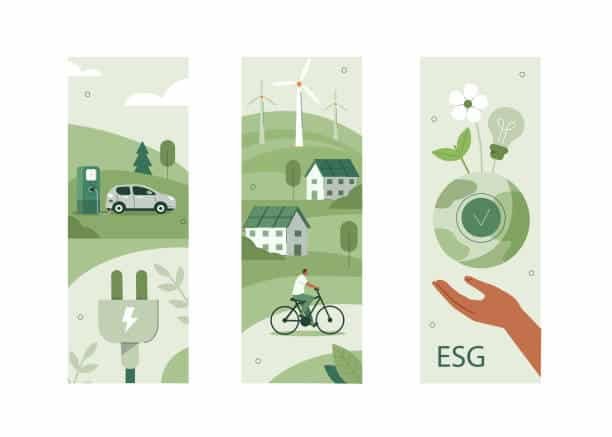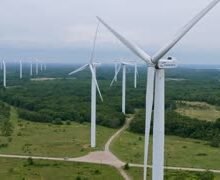The Science of Sustainability You Need To Know
In a world that is increasingly aware of the finite nature of our planet’s resources, the science of sustainability has never been more critical. This discipline, at its core, is about strategizing for the long-term survival of human societies on Earth, taking into account the pressing constraints of our available resources. It is a complex interplay of environmental science, economics, social policy, and human behaviour, all working together to form a holistic approach to living within our means while ensuring a prosperous future for generations to come. In this blog post, we will delve into the fascinating world of sustainability science, exploring its principles, its challenges, and its irrefutable importance in our current global scenario.

The Science of Sustainability
Sustainability, in essence, revolves around the long-term survival strategy for human societies on Earth given the pressing limits of our resources. It is about ensuring that other species and future generations can exist and evolve without compromising the environment. Sustainability is the science of finding a balance between our needs and those of the planet, promoting the coexistence of humans and nature.
Sustainable Development in Practice
Sustainable development takes the theoretical science of sustainability and puts it into action. It involves incorporating sustainable practices into our daily lives while balancing economic growth and environmental stability. This integration of environmental, social, and economic requirements is the central challenge of sustainable development. By transforming theory into actionable policy, sustainable development aims to create a future where prosperity is not at the expense of the planet.
The Role of Climate Science
Climate science is the fundamental tool that allows us to understand the environmental cost of human actions. It enables us to gauge, assess, and mitigate the effects of climatic changes. By studying climate science, we can recognize the boundaries we face and explore potential responses. This field of science reveals the intricate details of climate change, including the role of greenhouse gases, rising sea levels, extreme weather events, and shifts in ecosystem behaviour.
The Link between Sustainable Development and Sustainability Science
To fully appreciate the link between sustainable development and the science of sustainability, we must acknowledge the value of climate science data. The strategies, policies, and tactics we employ to address climate change are deeply rooted in the science of sustainability. This interdisciplinary science investigates how sustainable practices such as green building designs, renewable energy sources, and waste management can ensure a sustainable future.
For example, the science of sustainability may advocate for the use of solar energy over coal to reduce greenhouse gas emissions. By implementing such strategies, we can work towards a more sustainable future for all.
The Influence of Science, Social Factors, and Technology
While science provides us with the framework and data to understand our situation, it is ultimately our social and political will that determines whether we implement sustainable developments. Technology provides us with the tools to facilitate change, but economic and socio-political factors heavily influence the choices we make.
This interplay between science, society, and technology is crucial in achieving sustainable development. We must recognize that science alone cannot bring about change without the collective efforts of individuals, communities, and governments.
Conclusion
In conclusion, sustainable development, sustainability science, and climate science are all interconnected and multifaceted fields that shape our understanding and approach to preserving our planet. To create a sustainable future, it is essential not only to comprehend these sciences but also to translate that understanding into public policy and practical actions.
Climate science provides us with the evidence we need to support sustainable practices, while the science of sustainability suggests ways to implement these changes. By bridging the gap between understanding and action, we can promote sustainable development and work towards a harmonious coexistence between humanity and the environment.


